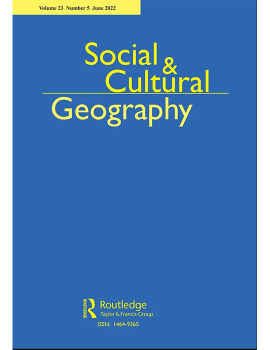
'Worn Out’: Hunger, Debt Discipline, and the Gendered Contingencies of the COVID-19 Pandemic Amongst Cambodian Garment Workers
Drawing on 203 quantitative surveys with women workers in Cambodia and a further set of semi-structured interviews with 60 original participants, this paper is one of the very first to present empirically grounded research from garment workers on the financial challenges of navigating the first year of the COVID-19 pandemic. We show how in the maki...
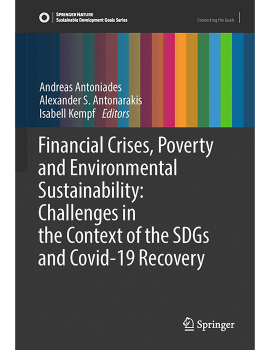
Challenges of Targeting Poor and Vulnerable Groups to Reduce Climate Change Vulnerability: The Case of a Water and Sanitation Project in Kampong Svay...
The escalating climate change-related disasters around the world are a serious threat to human existence and human livelihoods. Rural people living in developing countries, especially those of the poorest, are believed to be particularly vulnerable to climate change. As the number of climate change programs designed to help the poorer households ha...
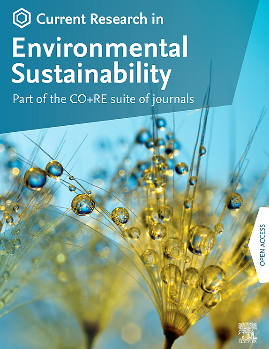
Do Climate Uncertainties Trigger Farmers’ Out-migration in the Lower Mekong Region?
Many rural communities in the Lower Mekong region are vulnerable to the climate uncertainty induced by climate change due to high rate of poverty, lack of agricultural technology, and heavy reliance on the environment for their livelihoods. Rural people are likely to migrate to urban areas in response to the climate impacts and thanks to the rises...
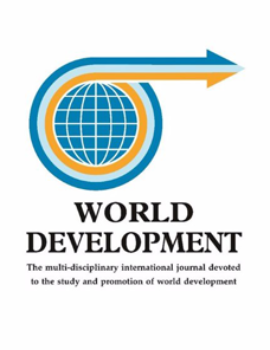
The Effect of Parental Migration on the Schooling of Children Left behind in Rural Cambodia
Growing rural-to-urban and international migration flows have sparked concerns about the investments in the education of the children left behind in Cambodia. We draw on a panel household-level survey conducted in rural villages in 2014 and 2017 to analyse the relationship between parental migration and children’s schooling. The analysis shows that...
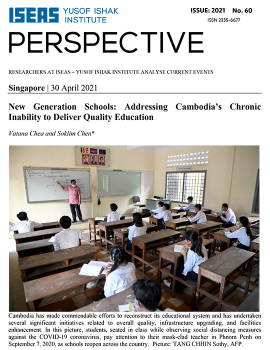
New Generation Schools: Addressing Cambodia’s Chronic Inability to Deliver Quality Education
In recent years, the Cambodian government has introduced a reform agenda to enhance the quality of teaching and learning, improve the bureaucratic administration of education, and address other major challenges affecting public schools. The new agenda has led to several remarkable transformations in Cambodia’s educational system, including the intr...
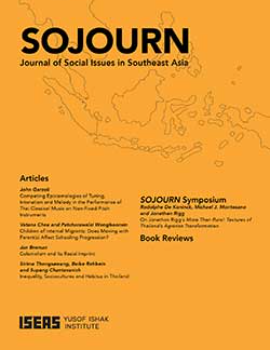
Children of Internal Migrants: Does Moving with Parent(s) Affect Schooling Progression?
Using the 2011 Cambodia Rural-Urban Migration Project, we re-examine the effect of parental migration on the long-term educational progress of children who have accompanied their parents to urban areas by comparing such children with those left behind in rural areas. We use a measurement that captures schooling disruption effect and allows for the...
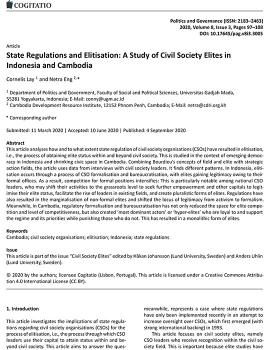
State Regulations and Elitisation: A Study of Civil Society Elites in Indonesia and Cambodia
This article analyses how and to what extent state regulation of civil society organisations (CSOs) have resulted in elitisation, i.e., the process of obtaining elite status within and beyond civil society. This is studied in the context of emerging democracy in Indonesia and shrinking civic space in Cambodia. Combining Bourdieu’s concepts of field...
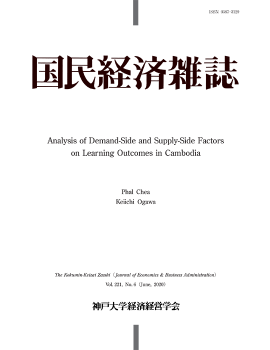
Analysis of Demand-Side and Supply-Side Factors on Learning Outcomes in Cambodia
The study applies the Hierarchical Linear Modeling(HLM) approach using the international learning assessment survey, PISA for Development (PISA-D), to examine the effects of demand-side and supply-side factors associated with academic performance in Cambodia. Findings from the study suggest that students' characteristics and family background are g...
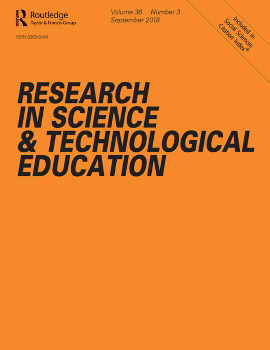
Correlates of STEM Major Choice: A Quantitative Look at Cambodian University Freshmen
STEM (science, technology, engineering, mathematics) education is attracting increasing public interest and policy attention and being promoted at different educational levels in Cambodia. The study seeks to identify factors associated with Cambodian university freshmen’s choice of STEM major and how significant associations differ by gender and un...
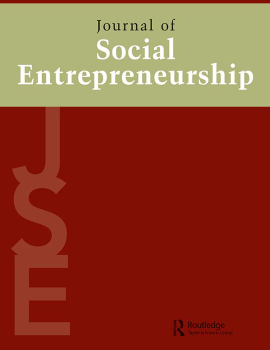
Scaling Up Social Enterprise: Predicament or Prospect in a Comparative Perspective
This article focuses on the intricate nature of scaling practices in social enterprise organizations (SEOs). The research is based on case study methodology in two different institutional environments, the Netherlands and Cambodia. Comparing and contrasting these cases, the article raises questions about ways in which the institutional environments...
